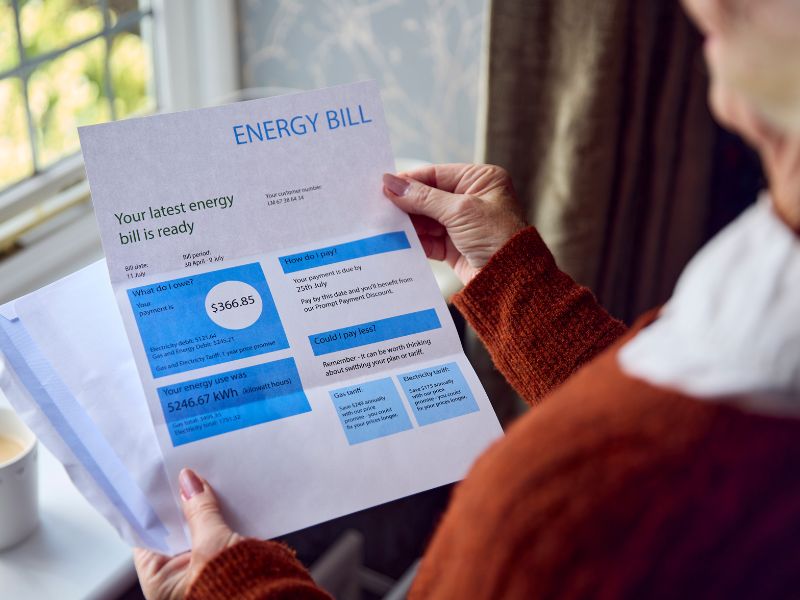As the mercury continues to rise and heat waves become more frequent and intense, people worldwide are grappling with soaring energy bills while trying to stay calm and comfortable. The changing climate has brought about a pressing need for effective measures to address both the immediate challenges and the long-term consequences of rising temperatures.
The rising demand for air conditioning and increased electricity usage during heat waves have resulted in skyrocketing energy bills for many households. Families are facing difficult choices between staying cool and managing their budgets. Vulnerable groups, including the elderly, low-income households, and individuals with pre-existing health conditions, may experience exacerbated financial burdens due to heatwave-related energy bills, potentially compromising their overall well-being.
In response to this growing crisis, governments, energy companies, and communities are taking a range of actions to alleviate the impact of soaring energy bills:
Energy Efficiency Programs
Many governments are implementing energy efficiency programs to help households reduce their energy consumption. These programs may include incentives for installing energy-efficient appliances, improving insulation, and adopting intelligent energy management practices.
Financial Assistance
Some regions provide financial assistance and subsidies to low-income families to help them cover the additional cooling costs during heat waves. These initiatives aim to ensure that everyone has access to essential cooling without financial hardship.
Renewable Energy Adoption
Transitioning to renewable energy sources, such as solar power, can help mitigate the effects of rising energy demand during heat waves. Communities and governments are investing in renewable energy infrastructure to provide cleaner and more sustainable energy options.
Heat-Resilient Infrastructure
Urban planning and design are being reimagined to create heat-resilient cities. It includes planting more trees, installing green roofs, and designing buildings that require less energy for cooling.
Public Awareness Campaigns
Educating the public about energy conservation, heatwave preparedness, and the importance of reducing energy consumption during peak times can empower individuals to make informed choices and contribute to collective efforts.
